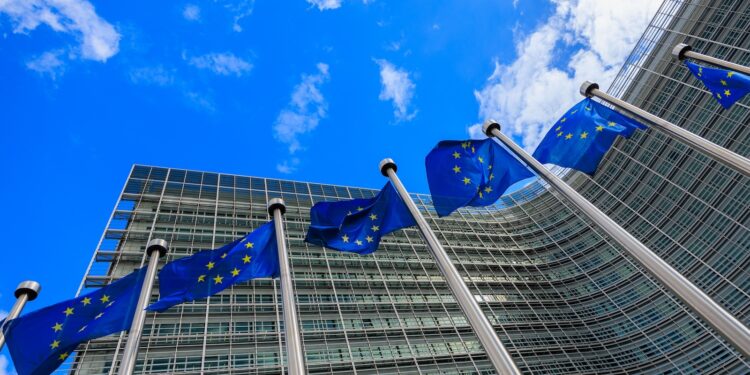Apple is once again in the focus of the EU Commission. The reason: the Digital Markets Act (DMA), a legislative package intended to create more competition and transparency in the digital space. The EU had set Apple a deadline to change certain app store rules – particularly with regard to so-called steering practices. Although this deadline has now passed, Apple will not have to pay any further fines for the time being. The reason for this is simple: There is no automatic sanction; instead, the situation must first be analyzed. What sounds like a violation is in fact a complex interplay of legal interpretation, economic interests, and technical feasibility.
In the debate about fair market conditions, large tech companies like Apple are repeatedly targeted by the EU. The App Store is a central point of contention. But while some criticize the company's dominance and control, others point out that Apple, in particular, ensures quality, security, and data protection through a closed ecosystem. Current developments show that the situation is anything but clear-cut – and quick blame games don't help anyone.
Apple, the App Store and the “anti-steering” question
Specifically, the question is whether Apple is preventing developers from informing users about external payment options within apps. This is precisely what the EU wants to prevent – it calls it anti-steering. Apple, in turn, cites security concerns, potential fraud risks, and the need to protect the user experience. In April, the EU Commission imposed a €500 million fine on Apple and ordered it to make adjustments by June 26. Apple has announced changes – including new fee models for external links. Whether these are sufficient from the Commission's perspective remains unclear. However, the fact that Apple has not simply sat idly by is often overlooked.
No punishment – because the situation is not clear
Despite the expiration of the deadline, the EU will deliberately refrain from imposing further sanctions on Apple immediately (via EuroNews ). Instead, a detailed review will be conducted. Only when it is clear that Apple has not sufficiently met the requirements could further measures be taken. This approach also demonstrates that the Commission itself recognizes that the situation is complex. It's not just a matter of black and white. The DMA is new, the requirements far-reaching – and not every technical implementation can be achieved overnight.
Meta also affected – but with a different problem
Meta was also fined €200 million. The allegation here was that users had to either consent to personalized advertising or subscribe. In this case, too, the EU suspended the fine after political tensions arose with the US. A Commission spokesperson explained that penalties would only be imposed after a preliminary analysis and communication of the results.
Comparison with the Epic case – a precedent with different rules
The well-known dispute between Apple and Epic Games demonstrates how controversial the issue of platform control is. Epic knowingly violated Apple's guidelines and was kicked out of the App Store. A court in California ruled that Apple was allowed to remove Epic, but at the same time had to allow developers to point to alternative payment methods. What many overlook is that US law is not identical to EU rules. And while Apple respected the California ruling, it appealed and lost the request for a stay. So, here, too, Apple cannot be accused of simply obstructing the courts – the company is following legal processes and understandably defending its business model.
What happens next?
The EU Commission will now analyze whether Apple's measures are sufficient. If not, new penalties could follow. At the same time, it remains unclear how the regulations will be interpreted in the future. Apple must, on the one hand, meet the requirements, but, on the other, also ensure the operation of a secure, functioning app store. It's a balancing act.
Between adaptation and interpretation: Apple's balancing act in the EU dispute
Apple didn't sit idly by, but responded to the DMA's requirements – albeit in its own way. Whether this is sufficient for the EU will become clear in the coming weeks. The fact that no automatic penalty was imposed is a sign that even the Commission recognizes the complexity of the situation. The case demonstrates that the debate between regulation and innovation is multifaceted. Apple isn't the only one being pilloried, but is at the center of a global discussion about control, data protection, business models, and digital freedom. Quick fixes won't get anyone anywhere. (Image: Shutterstock / Christophe Licoppe)
- Secure and fast: Facebook introduces passkeys
- Apple introduces new technology for personalized AI
- Apple iPhone Mirroring feature remains unavailable to EU users





